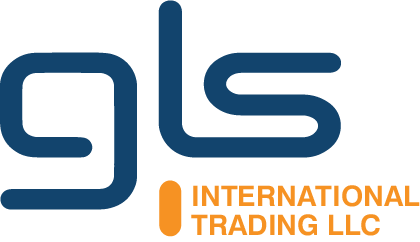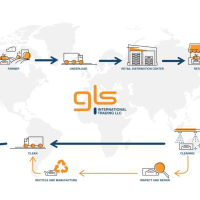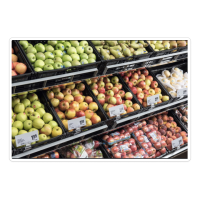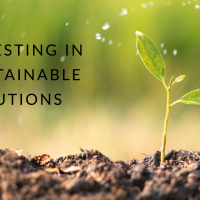Sustainable Solutions: The Role of Stakeholder Investment in Plastic Crates for the UAE
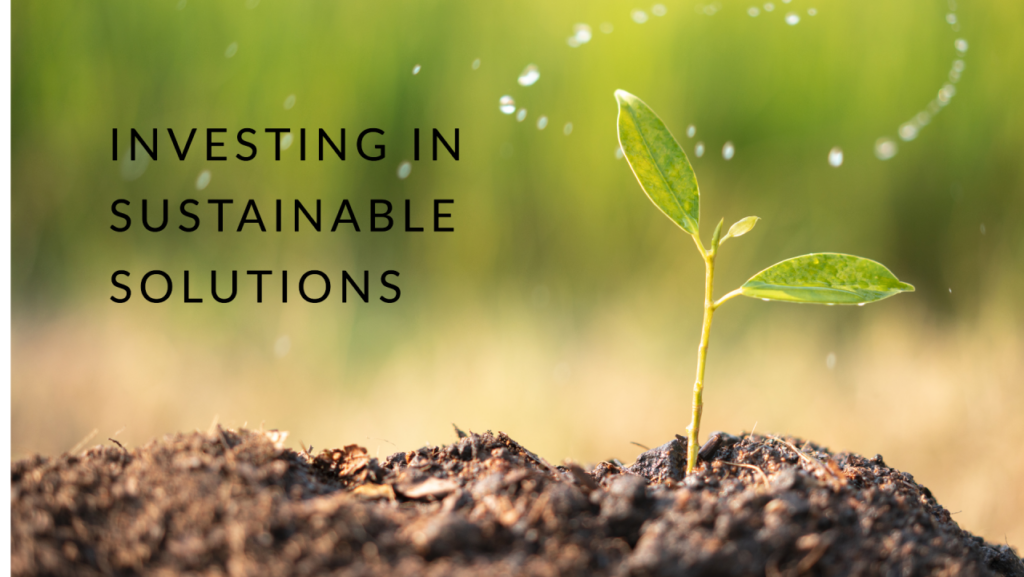
Sustainable Solutions: The Role of Stakeholder Investment in Plastic Crates for the UAE

In the UAE, the journey from oil byproduct to sustainable packaging encapsulates the circular economy. Polymers, derived from oil processing, feed into the creation of long-lasting plastic crates. This repurposing aligns with the circular economy’s principles by keeping resources in use for as long as possible, extracting the maximum value, and then recovering and regenerating products at the end of their life cycle.
- Embracing the Circular Economy Plastic crates embody circularity, offering the farming and retail sectors a way to maintain cost stability and reduce environmental impact. The use of these crates ensures resources circulate within the economy, minimizing waste and promoting reuse—a stark contrast to the single-use paradigm of cardboard boxes.
- Stakeholder Investment as a Catalyst Broad stakeholder investment, encompassing government, industry, and end-users, is vital. All parties help advance a more sustainable, cost-efficient logistics system by collectively investing in the necessary infrastructure for plastic crates. This collaborative investment strengthens the circular economy, with each stakeholder playing a role in the product’s lifecycle—from production to reuse.
- Widespread Benefits and Shared Responsibility Stakeholders across the board—from policymakers to business owners—stand to gain from the transition to plastic crates. Such an initiative promises reduced handling and transportation expenses, consistent packaging costs, and a decrease in waste generation, all while supporting a circular, sustainable economic model
The commitment from various stakeholders, including the government, would not only underpin the supply chain’s efficiency but reinforce the UAE’s dedication to sustainable growth and resource optimization. With a major player like Majid Al Futtaim Carrefour already using the GLS crate returnable system, there is a clear path to further industry adoption and development.
The Case Of Svenska Systems:
A great example of the government and retail industry associations working together to build a mutually beneficial environment is that of Svenska Returnystems in Sweden. Svenska Retursystem was established by the two grocery associations to create and operate a common pooling system for the entire Swedish food industry wherein all fresh produce, meat and poultry, and cheese and dairy are delivered in a standardized reusable crate and on a standardized reusable pallet to every grocery retail outlet. Presently, more than 10,000,000 crates and 400,000 pallets are circulating in the system day in and day out.
Measurable Improvements:
- About 25% savings versus equivalent disposable packaging. Annual savings industry-wide @ $18.7 million.
- Savings of 725,000 hours in retail store labor/$22 million dollars annually.
- Reduced product damage.
- Reduced CO2e emissions by 44%; more than 115 million kg of CO2e since the program’s inception.
- Eliminated 50,000 tons of waste annually.
Download the full case study here.
Recent Posts
Sustainable Solutions: The Role of Stakeholder Investment in Plastic Crates for the UAE
In the UAE, the journey from oil byproduct to sustainable packaging encapsulates the circular economy. Polymers, derived from oil processing,
Enhancing Retail Supply Chains with Returnable Plastic Crates: A Deep Dive
In adopting returnable plastic crates, retailers don’t just adopt a product; they embrace a philosophy that champions efficiency, sustainability, and

Sustainable Solutions: The Role of Stakeholder Investment in Plastic Crates for the UAE
In the UAE, the journey from oil byproduct to sustainable packaging encapsulates the circular economy. Polymers, derived from oil processing,
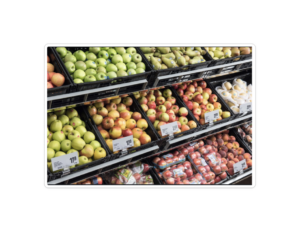
Enhancing Retail Supply Chains with Returnable Plastic Crates: A Deep Dive
In adopting returnable plastic crates, retailers don’t just adopt a product; they embrace a philosophy that champions efficiency, sustainability, and
